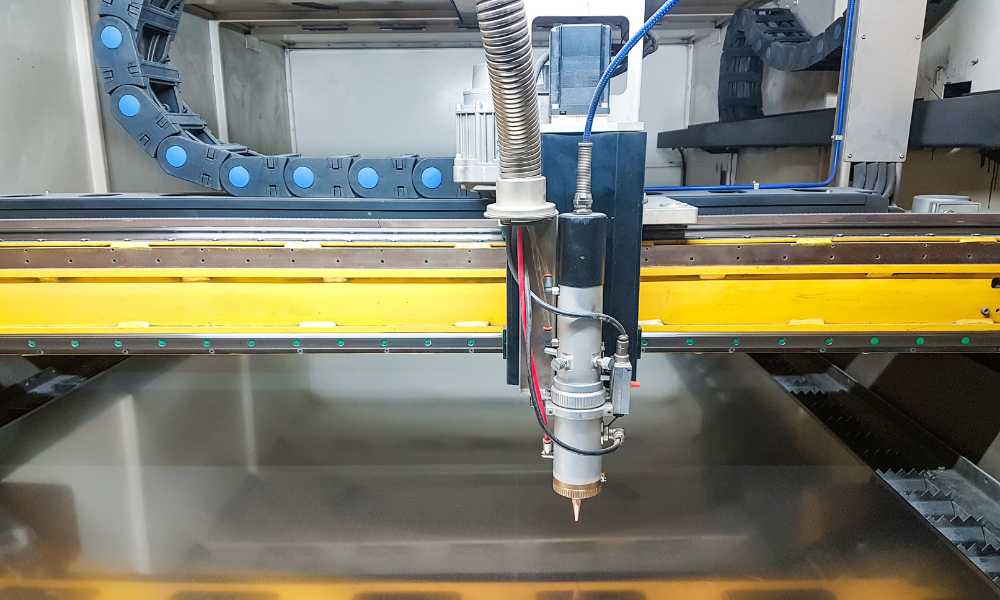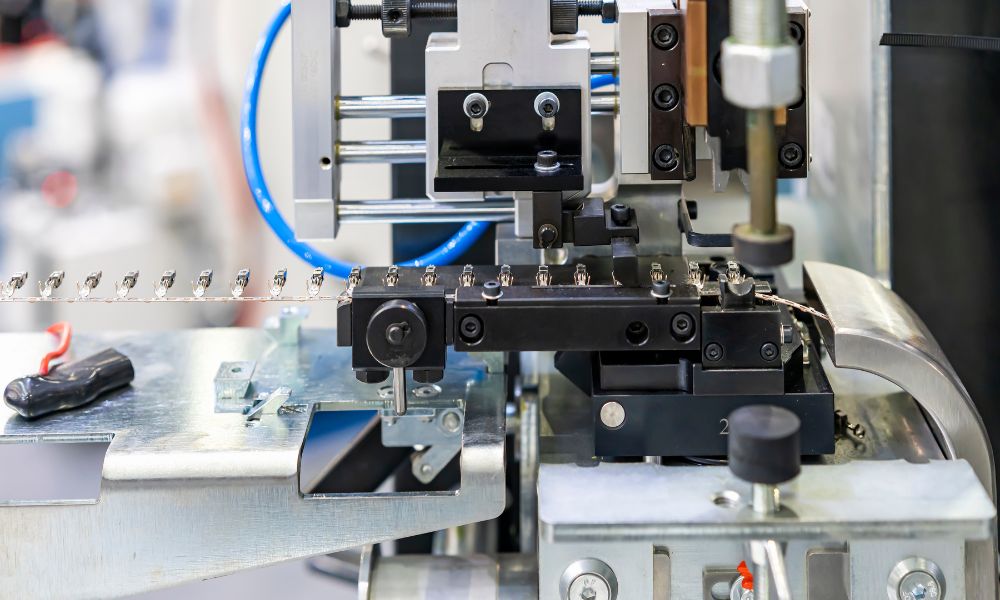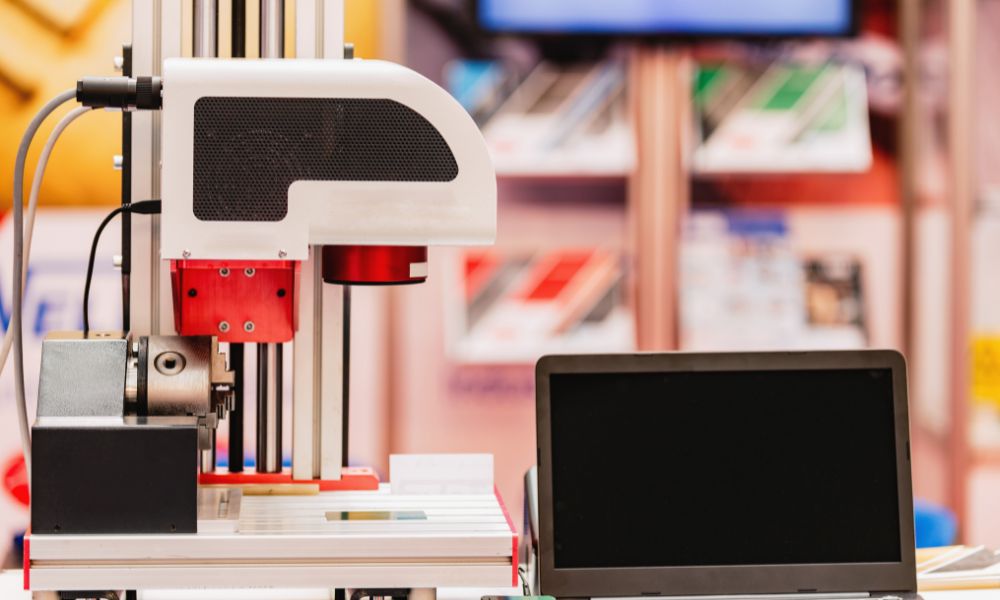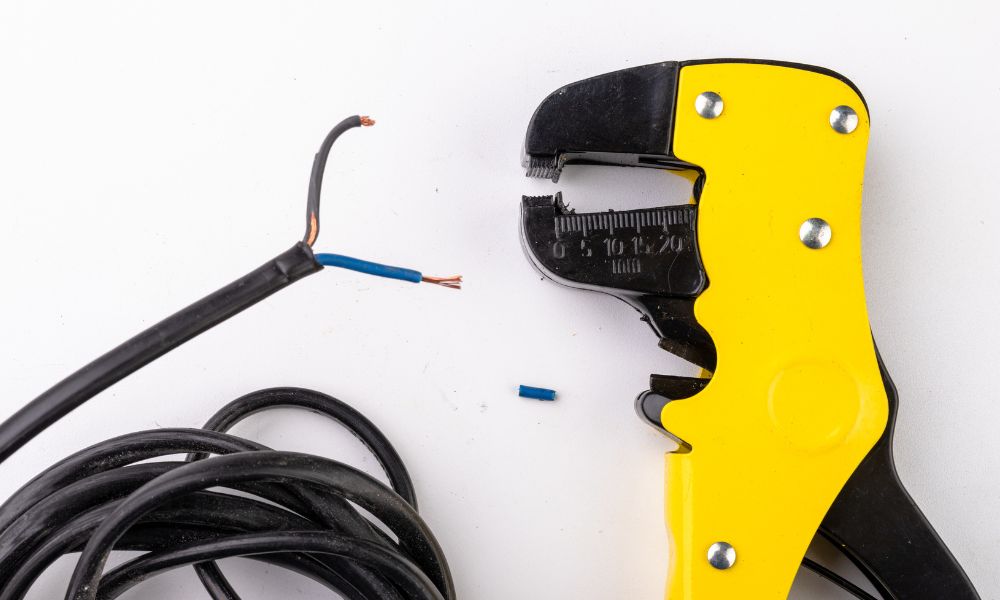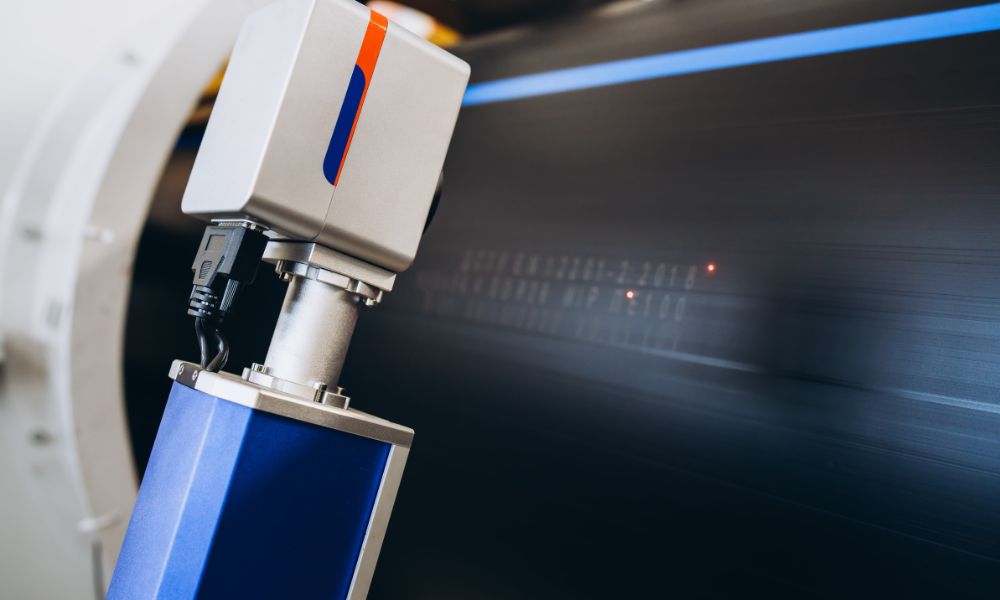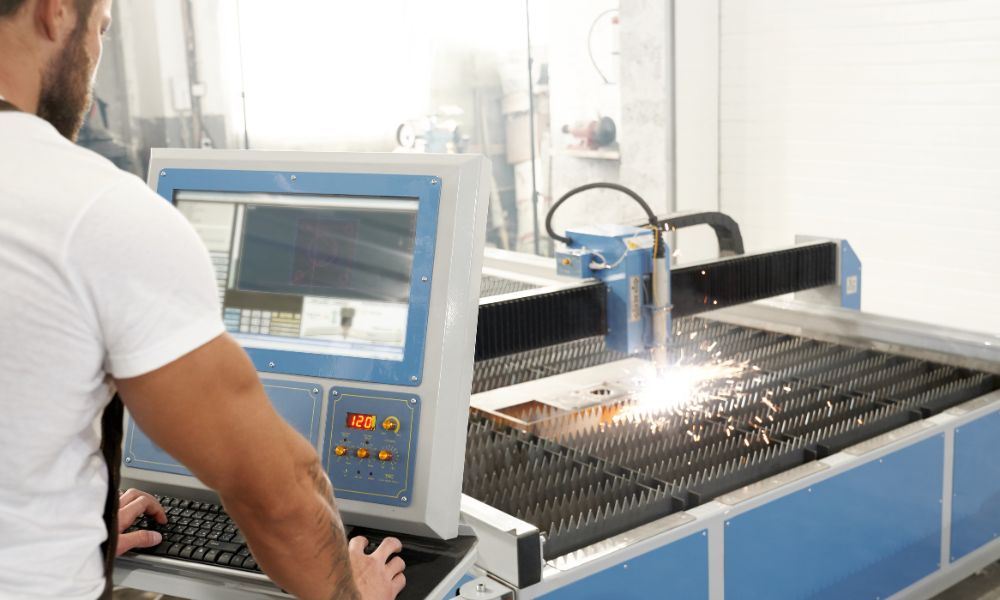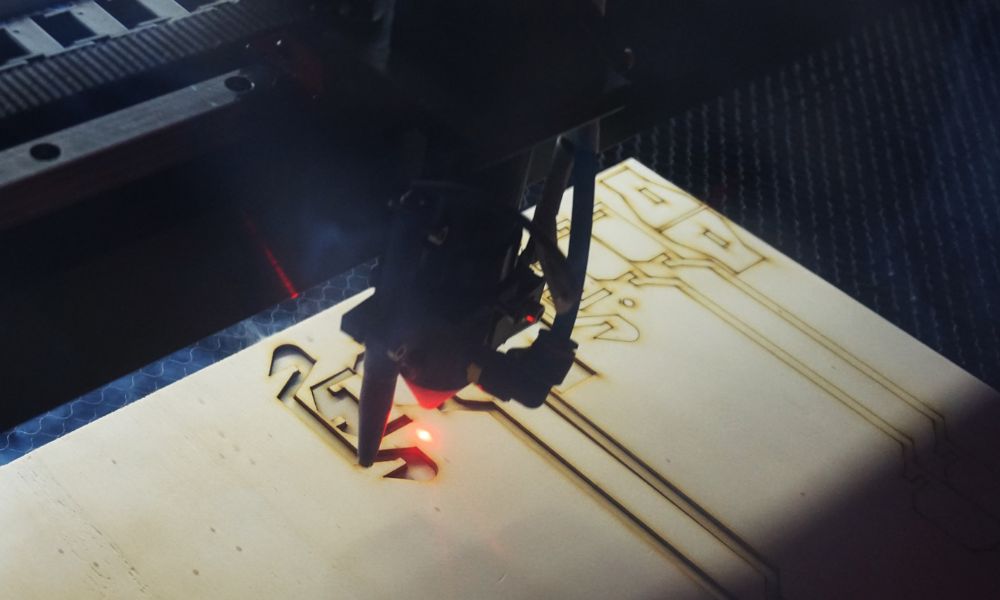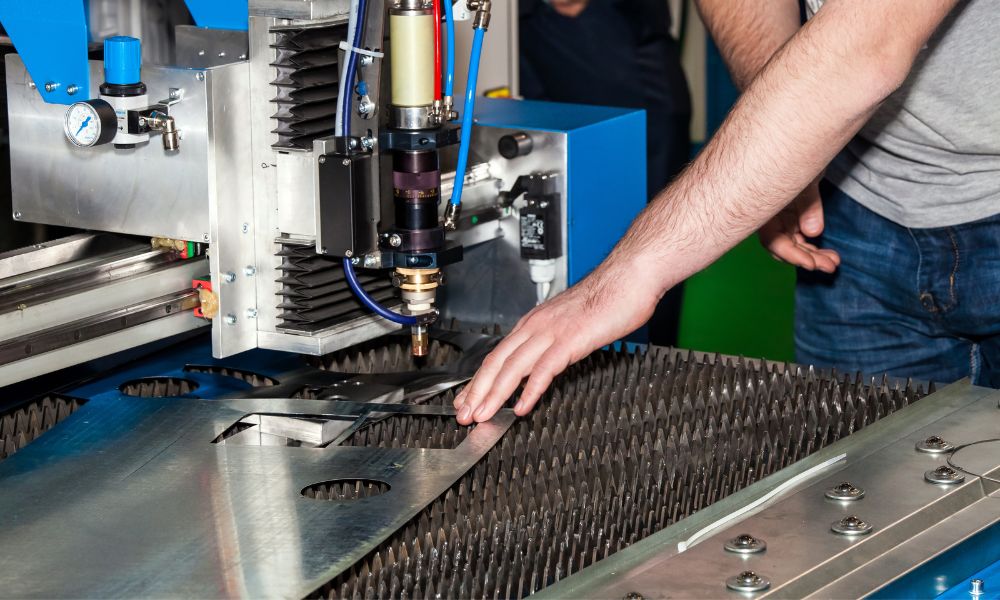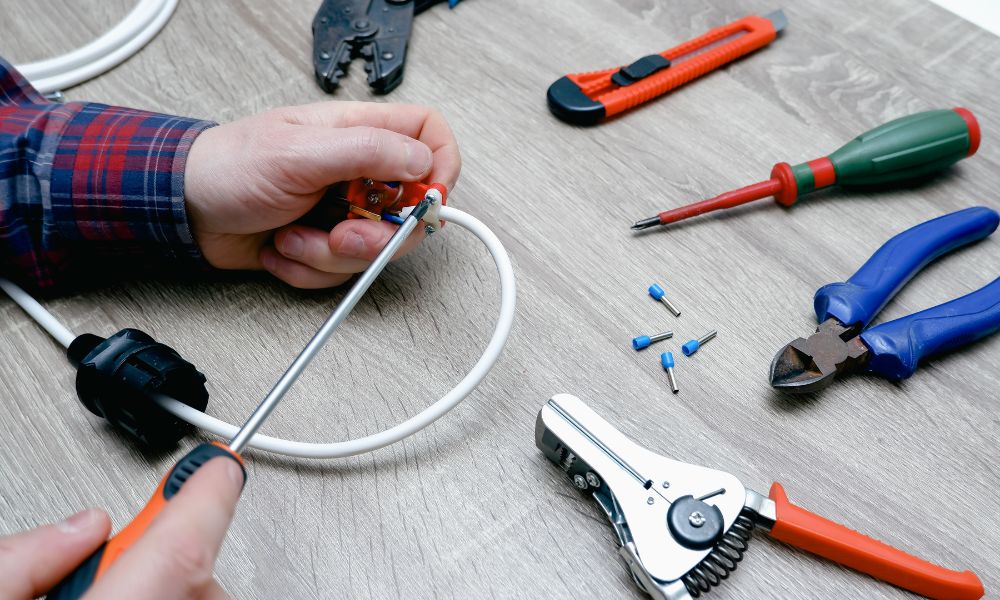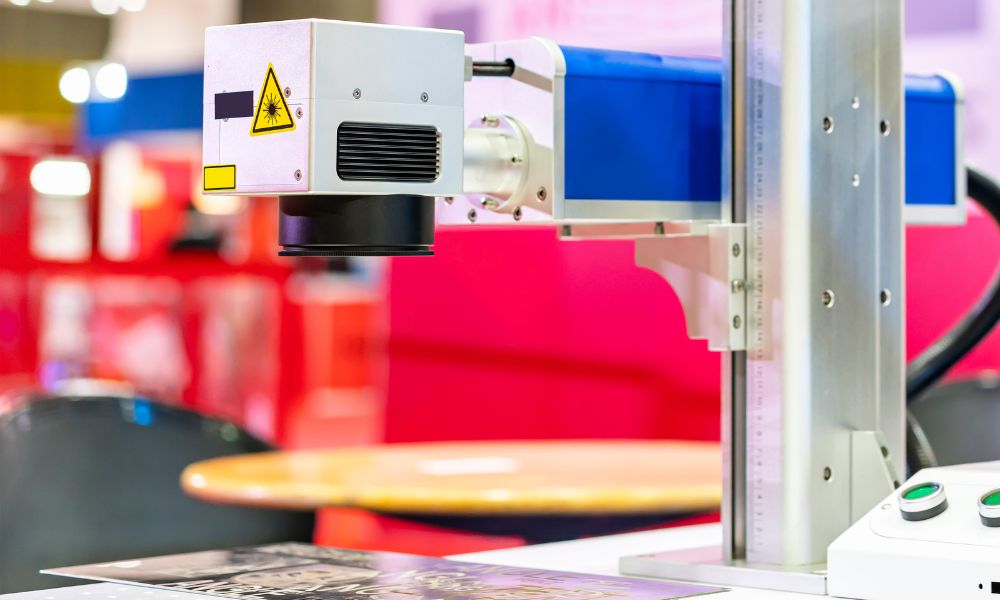Plasma surface treatment is one of the most utilized manufacturing processes in the electronics industry. Learn everything you need to know about plasma treatment and electronics in our complete guide below. What Is Plasma Treatment? Before we get into plasma treatment and its use in electronics and other industries, we must explain what plasma surface… Continue reading The Complete Guide to Plasma Treatment for Electronics
While many laser marking machines seem to run themselves, they require human input for the parameters. What do the laser marking parameters mean? We’ll explain the basics operators need to know about laser marking parameters. What Are Laser Marking Parameters? When learning how to use a laser marking machine, operators must familiarize themselves with the… Continue reading What Do the Laser Marking Parameters Mean?
Industrial operators have numerous methods to choose from when marking wires and cables, including hot stamping, ink jet printing, shrink tubes, flags, and more. Below, we’ll explain why lasers are the best way to mark wires due to their efficiency, safety, and more. Efficiency One of the many benefits of UV laser marking for wires… Continue reading Why Lasers Are the Best Way To Mark Wires
What is the ideal way to ensure a quality crimping connection with wires? Should wires be twisted before or after crimping? We answer that question and offer more tips for quality crimping below! Twist Wires After Crimping Before crimping, you should prepare your wires, but you shouldn’t deform the wire strands in any way, such… Continue reading Should Wires Be Twisted Before or After Crimping?
How much do you know about industrial marking methods and practices? Below, we’ll discuss some interesting facts about industrial marking systems, from laser marking methods to the history of industrial coding and the industry’s future. There Are 3 Major Industrial Marking Methods Our first fact is that there are multiple ways industries go about marking… Continue reading 10 Interesting Facts About Industrial Marking Systems
There are many options for surface treatments, but none offer the benefits that plasma surface treatment does. Below, we’ll explain the compelling reasons why you should choose plasma over other surface treatments, from its high-performance adhesion to its economic practicality. High-Performance Adhesion When considering surface treatments, the first concern many have is finding one that creates a high-performance… Continue reading 5 Reasons To Choose Plasma Over Other Surface Treatments
Many aspects go into the planning stages to create a quality and distinct laser marking. If you want to improve your laser marking process, explore Tri-Star Technologies’ helpful list of tips below. Familiarize Yourself With the Laser & Settings The first thing anyone utilizing laser marking equipment should do is familiarize themselves with the machine.… Continue reading 10 Tips for Improving Your Laser Marking Process
Plasma surface treatment is ideal for cleaning and activating the surface of materials such as polymers and increasing wettability, but how long does it last? We answer that question and more in our guide on plasma surface treatment. What Is Plasma Surface Treatment? Plasma surface treatment is a method of cleaning and improving the adhesion… Continue reading How Long Does Plasma Surface Treatment Last?
Are you looking to learn about wire crimping? If so, you’ve come to the right place! Our quick guide will show the proper wire crimping technique and offer tips for a strong and stable crimp. Make Sure You Have the Right Tools You can often trace wire crimping mistakes back to the preparation and tools… Continue reading A Quick Guide to Proper Wire Crimping Technique
Entering a business relationship with outside companies is not always an easy endeavor, as many suppliers don’t deliver on their promises. These three tips for finding a quality industrial machinery supplier will help you avoid stress and confusion.



